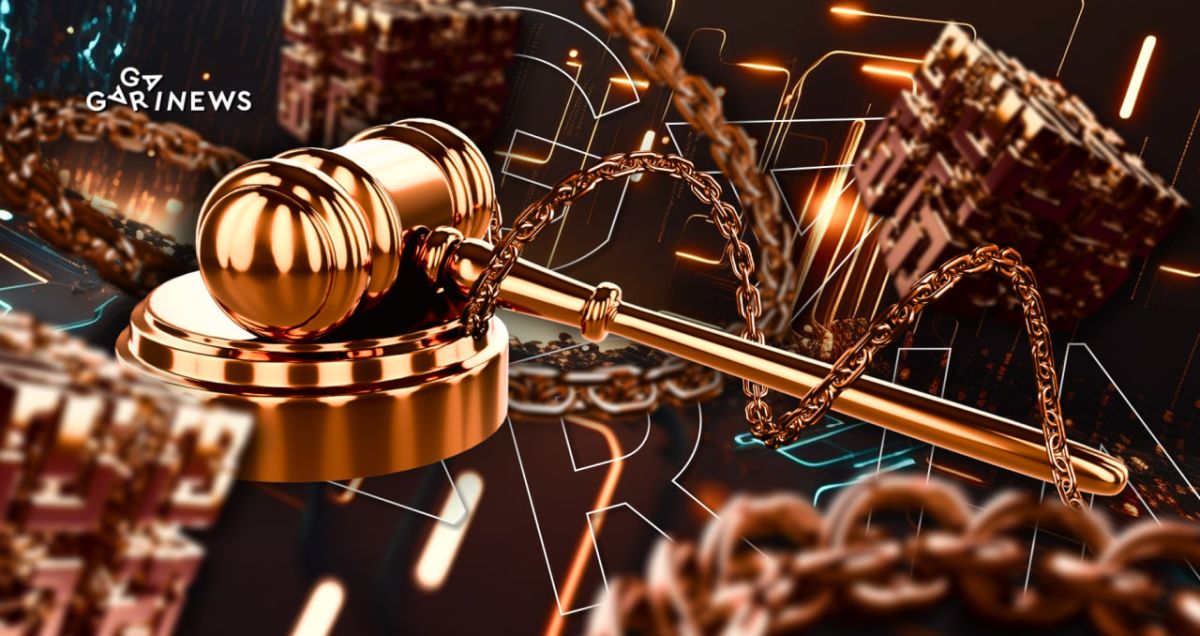The Judicial System as a New Blockchain Governance Mechanism

Alex Gluchowski, the co-founder and CEO of Matter Labs (the company behind the zkSync project), delves into the complexities surrounding the integration of smart contracts within the DeFi and Layer2 realms.
He posited a groundbreaking concept: employing L1 forks as the court of final appeal in settling discrepancies and dilemmas within smart contracts.
Current Solution Limitations
Gluchowski highlighted several flaws in the solutions available today:
1. Time-locked upgrades. They are suitable for scheduled changes but fall short for emergency updates.
2. Shifting to Alternative L1 Networks. While a Level 1 can be forked, assets transferred from Ethereum won't follow suit. This fork choice dilemma parallels the challenges faced during system upgrades.
3. Designated Security Councils. They might mitigate the challenge, but can't fully remove it. Using multi-signatures with emergency update rights introduces regulatory and security threats, potentially undermining the DeFi system's stability.
4. Combined Governance Mechanisms. These can be tricky. For instance, a security council might temporarily halt a contract, mandating a token governance approval for immediate alterations. However, opportunistic shareholders with scant collateral could exploit this, potentially leading to asset misappropriation.
1. Time-locked upgrades. They are suitable for scheduled changes but fall short for emergency updates.
2. Shifting to Alternative L1 Networks. While a Level 1 can be forked, assets transferred from Ethereum won't follow suit. This fork choice dilemma parallels the challenges faced during system upgrades.
3. Designated Security Councils. They might mitigate the challenge, but can't fully remove it. Using multi-signatures with emergency update rights introduces regulatory and security threats, potentially undermining the DeFi system's stability.
4. Combined Governance Mechanisms. These can be tricky. For instance, a security council might temporarily halt a contract, mandating a token governance approval for immediate alterations. However, opportunistic shareholders with scant collateral could exploit this, potentially leading to asset misappropriation.
L1 Forks as the Court of Final Appeal
Gluchowski introduced the concept of using an L1 fork as the ultimate arbitrator for disputes. In this model, if a protocol faces an issue, the L1 can be forked, allowing the broader community to address the concern through consensus.
However, this strategy is not without its hurdles. Firstly, it might only be viable for major protocols, as minor ones might not attract sufficient spotlight from the L1 audience. Secondly, overloading the L1 consensus with a high volume of disputes might pose its own set of challenges.
Hierarchical System of Onchain Courts
Inspired by conventional judicial systems beyond the cryptocurrency realm, Alex has proposed a hierarchical structure of onchain courts. Each protocol would have its own governance mechanisms accompanied by a defined contract for appeals. For urgent upgrades, Gluchowski offers an appeal period. Anyone can provide a predetermined bail deposit and submit a challenge to the higher court within this timeframe.
At the apex of this system is the Ethereum Supreme Court, where decisions would be reached through an L1 soft fork. The goal is to establish broad consensus around this highest court, making its proceedings so costly that it only addresses the most critical issues.
Implications and Potential
Such an architecture might insulate protocols from external political interference, serving as a deterrent against malevolent actions. Furthermore, it would amplify Ethereum's status as a trustworthy network.
Gluchowski has put out a call for feedback on this innovative proposal. He's also signaled his interest in sponsoring research on the topic if any such initiatives are in progress.
zkSync founder's idea of onchain courts introduces a novel approach to governance within crypto projects. As the crypto ecosystem contends with ongoing decentralized governance challenges, such pioneering solutions might lay the groundwork for more secure and robust DeFi platforms.
Recommended


